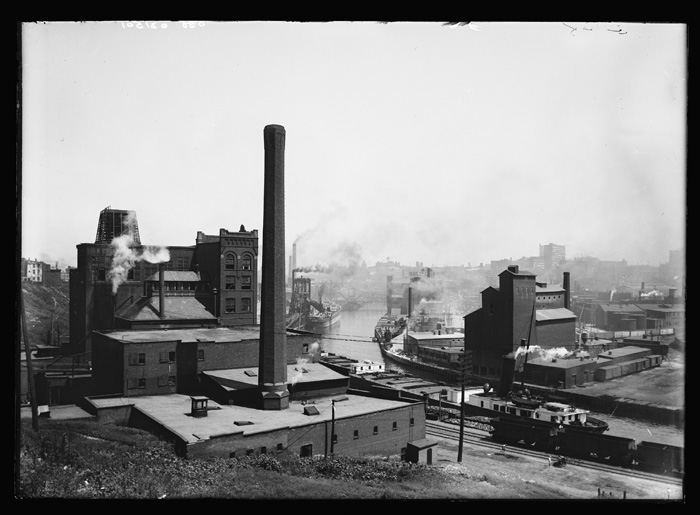In the September 2018 issue of the Brooklyn Rail, Max Ajl offers a deep dive into the book In Defense of Degrowth (2018) by Giorgos Kallis, a theorist and environmental scientist at the forefront of the “degrowth” movement. As Kallis defines it in the book, degrowth is "an equitable downscaling of production and consumption that increases human well-being and enhances ecological conditions.” Southern European countries like Spain and Greece are particular strongholds for the theory and practice of degrowth, which can also be understood as a transition away from unsustainable capitalism. In his assessment of In Defense of Degrowth, Ajl provides some constructive criticism of degrowth’s main principles and vision of the future. For example, Ajl wonders if degrowth will really lead to more leisure time, as Kallis argues, or just the same amount of labor but more equally distributed. Here’s an excerpt:
Most simply, degrowth is a suggestion for a simpler economy, with more of what pollutes less and ever-less of what pollutes more. It rests on renewables. This is non-negotiable. The future forces and sources of energy will be wind, solar, and tidal. If renewables cannot produce enough power, and Kallis is sure they cannot (a claim which is at least contestable), then we will also need massive downscaling. The vision, a kind of echo of Ursula LeGuin’s spare Anarres in The Dispossessed, is frugal but convivial, with fewer material goods and more meaning.
I hope I have presented Giorgos Kallis’s ideas fairly. I strongly agree with the socio-ecological orientation he sketches. So, I would raise the first of my objections this way: There is an unnecessary spartanness in how he (and perhaps the degrowthers more broadly?) imagines the degrowth transition and horizon. In a rationally and collectively planned economy, people must attend to the effects of production and consumption on the biosphere. But material goods need not be unrenewable. Much of what is currently made in the non-renewable, or industrial mode can be made differently (tech like cellphones made with rare-earth metals which are mined only with great environmental damage is a thornier question). From houses which can be made of stone and wood, to leather goods and woolens, great swathes of what humans cherish most are procurable on an infinitely renewable basis. The affluent prefer such goods and prefer them hand-made. It is the poor and middle-class Euro-American consumer of last resort who buys endless poorly and mass-crafted kitsch and crap, whose making rips into the poorer nations’ environments like a scythe. Products are built not to last. They are made poorly, cheaply, and heedless of the environmental costs of such a torrent of tchotchkes. Such poisonous production processes are made by monopoly capitalism. Almost no one chose such a world.
Image via the Brooklyn Rail.
